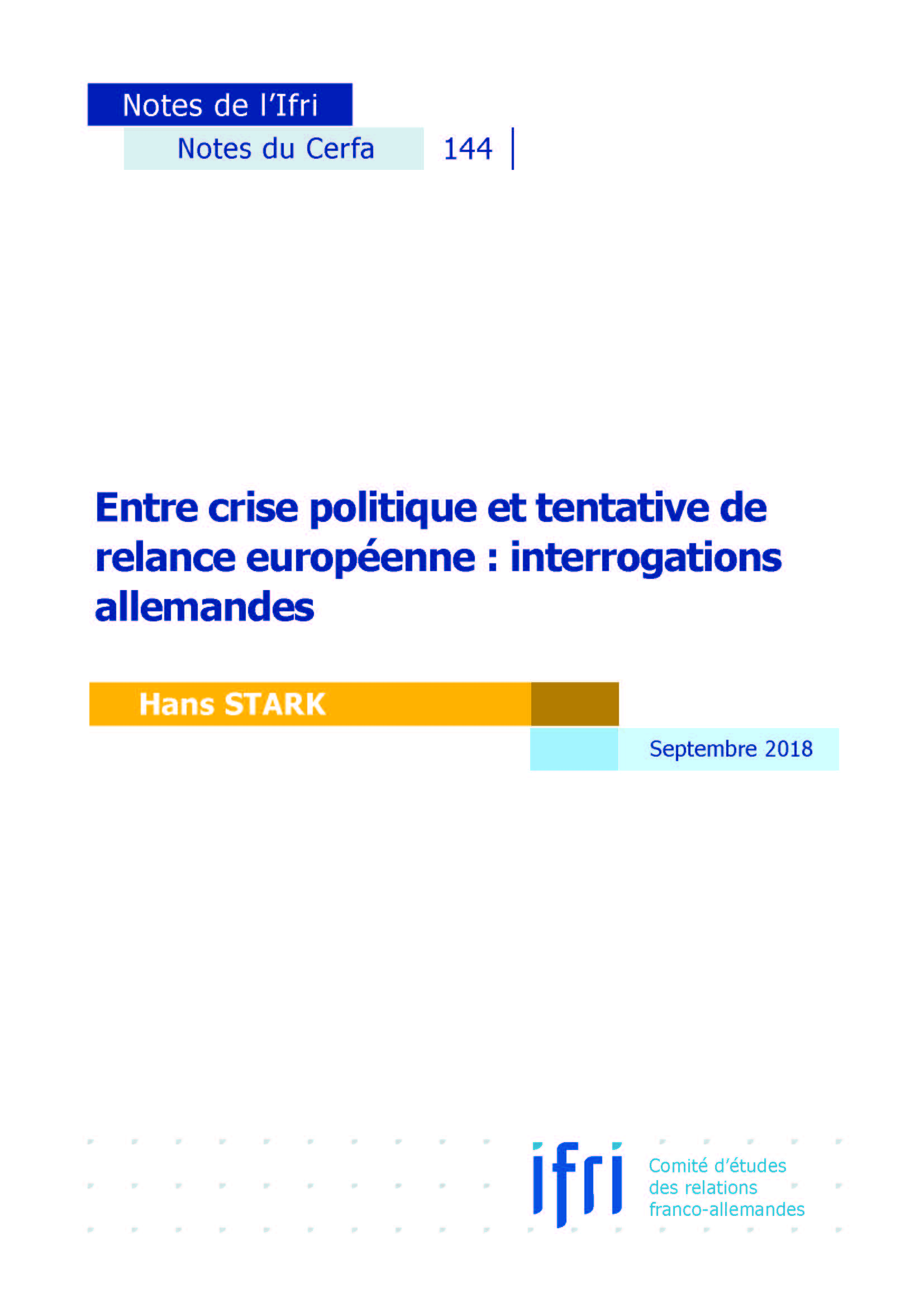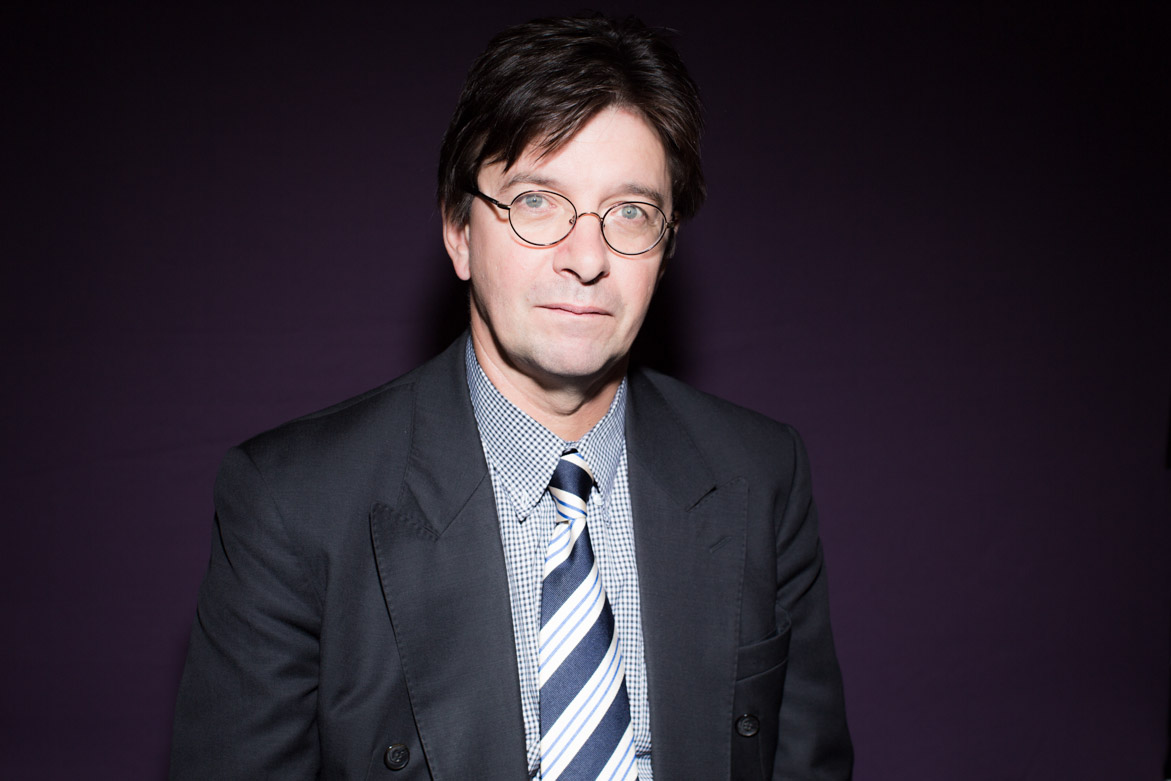Between political crisis and European recovery attempt: German interrogations

Even though the CDU-CSU led Grand Coalition was renewed following the German legislative elections of 24 September 2017, and even though Angela Merkel was re-elected chancellor a fourth consecutive term, the country has entered a period of growing political uncertainty. The formation of a new government took much longer than after previous elections for a number of different reasons: after negotiations, the liberal party refused to join a coalition with the CDU-CSU and the Green party, the SPD was reluctant to continue in government, and, above all, the internal divisions of the two sister parties CDU et CSU, that nearly caused the fall of the new government three months after its investiture.
These recurrent crises are due to the strengthening of the national-populist party AfD that became Germany’s third party, to the reorientation of the liberal party, but also and in particular to the erosion of traditional parties that are reflecting upon their own ideological profile. The union of CDU-CSU is torn between opposing political trends while the SPD, whose crisis falls within the decline of European socialist parties, is fighting for survival.
In this context, Germany is focusing on internal political and public issues rather than on major European issues that divide the governing parties. Currently, there is no majority in favour of wide-ranging European reforms in Germany. Due to a lack of internal consensus, Berlin will therefore in the coming months not be able to take up, together with France, a leading role in the European integration.
Since 1991, Hans Stark has been General Secretary of the Committee for Studies of Franco-German Relations (Cerfa) at the French Institute of International Relations (Ifri), where his main interests are German foreign politics and German European politics.
This contents is available in french only: Entre crise politique et tentative de relance européenne : interrogations allemandes.
Related centers and programs
Discover our other research centers and programsFind out more
Discover all our analyses
Securing critical raw material (CRM) value chains – a prerequisite for Europe’s technological resilience
At the heart of economic security, technological resilience is a backbone of the European Union’s (EU) competitiveness. The EU’s energy and digital transitions depend on critical raw materials (CRM).

Reconciling competitiveness and demographic change: a Franco-German imperative
France and Germany are facing parallel demographic shifts that could reshape the future of their economies and their social models. These shifts reflect broader European patterns but are magnified by the central role both nations play in EU governance and competitiveness.
Taking the Pulse: Does France's Political Crisis Weaken Europe's Geopolitical Hand?
While the EU tries to navigate a myriad international challenges, France is experiencing historic political disarray. What impact will instability in Paris have on Europe's geostrategic capacity?
Imaginary and Reality of the Franco-German border: a Laboratory for Europe of tomorrow
In Europe, the question of borders is a central issue. According to the European Parliament, border regions cover around 40% of the European Union (EU) territory, concentrate 30% of its population and produce nearly a third of its gross domestic product.










